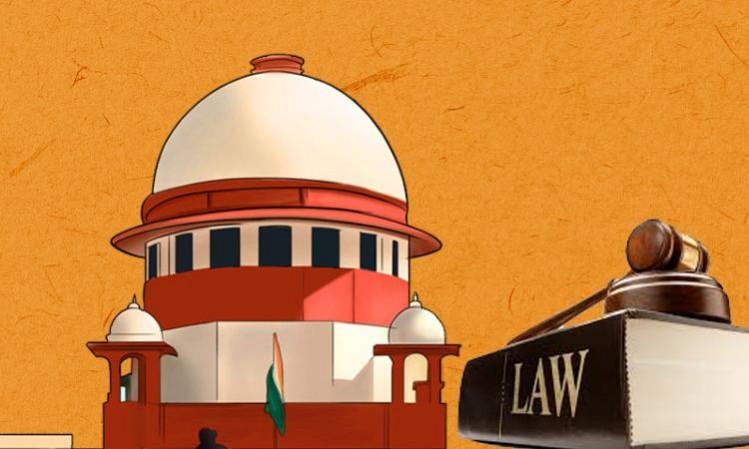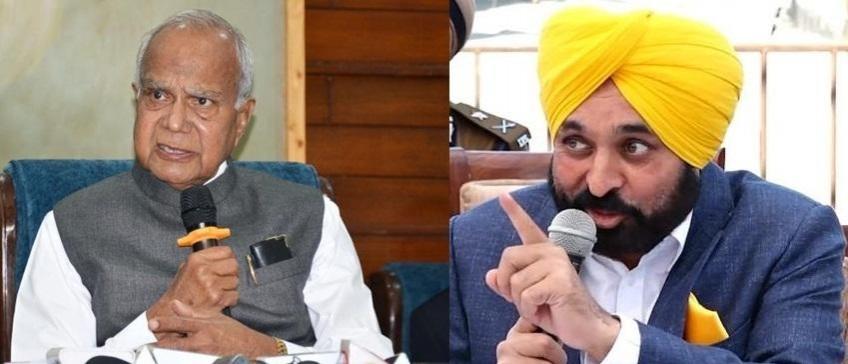The Supreme Court on Friday came down heavily on Punjab Governor Banwarilal Purohit for withholding assent to the bills passed by the state legislature.
A bench, headed by CJI D.Y. Chandrachud, said that the Governor and the elected government being at loggerheads is a matter of "serious concern".
"How can you (the Governor) sit in a judgment whether a session has been validly prorogued or otherwise?" asked the bench, also comprising Justices J.B. Pardiwala and Manoj Misra.
It questioned whether there exists any provision under the Constitution conferring jurisdiction on the Governor to decide if the session has been "invalidly" called by the Speaker.

The Supreme Court also said that the Governor of Punjab is "playing with fire" by deflecting the course of bills passed by a duly elected Assembly. It ordered the Governor to decide on the bills forwarded for his assent after being passed by the state legislature.
"We are governed by a parliamentary form of government where the government is accountable to the legislature. The Governor is a titular head of the state," it added.
The Punjab Raj Bhawan had objected over holding of the special session of the Assembly on June 19-20. The Sikh Gurdwaras (Amendment) Bill, 2023, the Punjab Universities Laws (Amendment) Bill, 2023, the Punjab Police (Amendment) Bill, 2023, and the Punjab Affiliated Colleges (Security of Service) Amendment Bill, 2023 are still awaiting the Governor's assent.

Based on legal advice, the Governor had said that calling of such a session was "illegal, against the accepted procedures and practice of the legislature, and against the provisions of the Constitution".
Further, the Governor has said the October 20-21 session, which was projected as an extension of the budget session, was "bound to be illegal" and any business conducted during it "unlawful".
Governor Banwarilal Purohit has been involved in a running feud with the Aam Aadmi Party (AAP) government led by Chief Minister Bhagwant Mann.
In its plea filed before the apex court, the Punjab government had said that the Governor cannot indefinitely sit over the bills as he has restricted powers under Article 200 of the Constitution and such "unconstitutional inaction" has brought the entire administration to a "grinding halt".
(With inputs from IANS)















